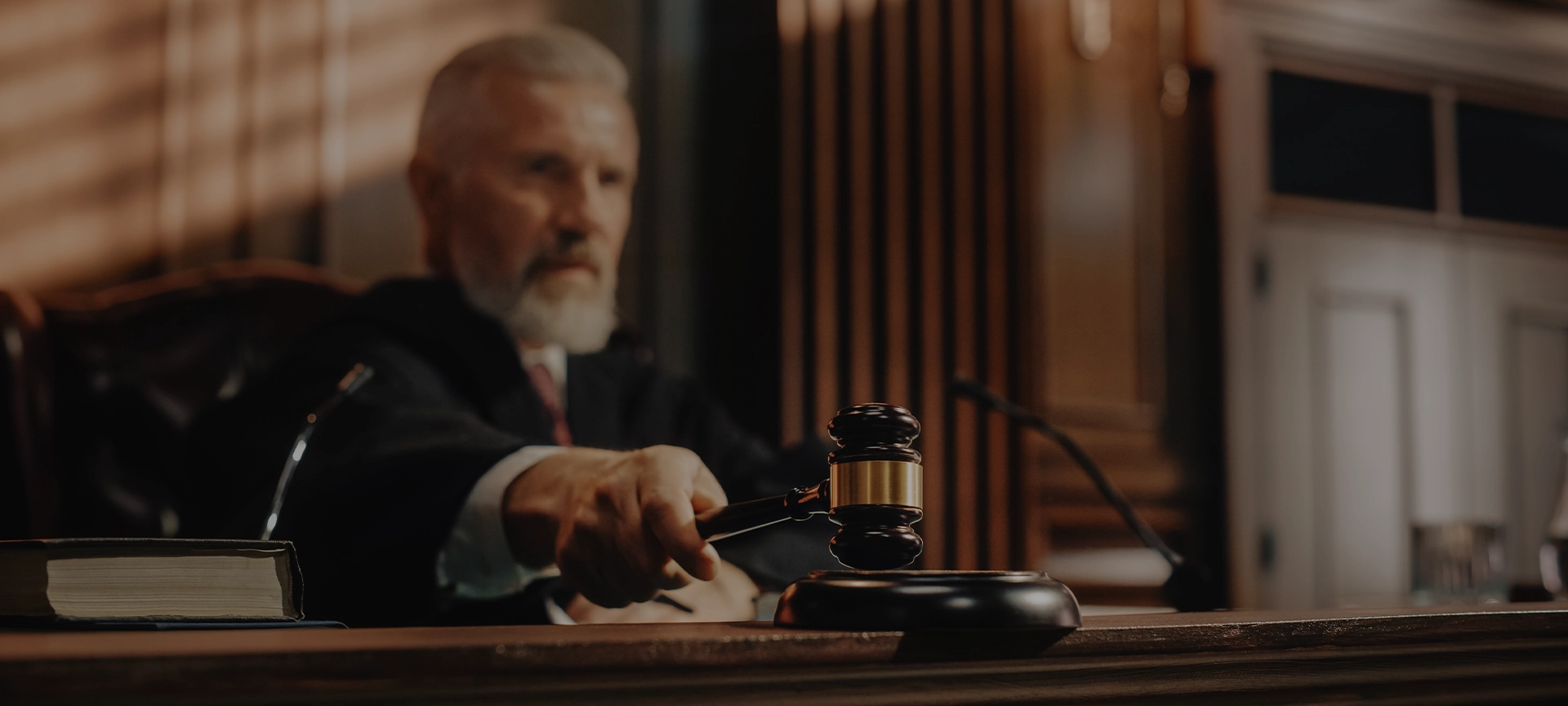After being charged with a criminal offence in Ottawa, securing bail in Ottawa is the first legal hurdle you must overcome. This will allow you to be released from custody until your trial, but it’s not always a simple process.
There are many different factors you need to consider for securing bail, and we’ll look at them all here. This includes what influences bail decisions, common conditions, and how to improve your chances of being granted bail.
Key Factors the Court Considers for Bail
There are three main factors that the court will consider when it comes to whether or not to grant bail. Knowing these will allow you to understand the likelihood of being granted bail and how you can satisfy any doubts the court has.
The first is whether or not the accused will show up for future court dates. There are a few factors that influence this, mainly the severity of the crime and the potential punishment. Other factors can include your criminal record, ties to the community, and stability.
The second is public safety concerns, either to the wider public or a specific individual. Again, the seriousness of the offence plays a role in this. The potential for reoffending and victim safety will be assessed, especially if it is a violent crime.
The final consideration is to maintain public confidence in the justice system, which generally only applies to the most serious or high-profile cases. By knowing these key factors, you can anticipate and prepare a defence for any obligations to your bail.
Related Article: https://www.agpllp.ca/what-is-a-bail-hearing-and-how-long-does-it-take/
Tips for Increasing the Chances of Bail
There are many things you can do to increase the chances of being granted bail. Here are the steps you should take:
Hire an Experienced Lawyer – A skilled bail hearing lawyer will have a strong track record of having bail granted for their clients. This involves having a strong understanding of the law, including legal precedents and how to persuade a judge that there will be no downsides to your release.
Present a Strong Surety – A surety is someone who is responsible for supervising the accused and ensuring they meet bail conditions. Having a surety that has a good standing in the community and a clean record will strengthen a bail claim.
Propose Reasonable Conditions – The court will often only allow bail under specific conditions. Offering up some of these conditions yourself, such as having no contact, immediately shows your willingness to comply with any court order.
Show Community Ties – The stronger your ties to the community, the less likely you are to flee. This includes stable employment, family connections, a fixed address, and strong relationships. Demonstrating this can reduce any concerns the court has.
Address Public Safety Concerns – It’s important to preempt any concerns the court may have. For example, if alcohol played a role in the alleged crime, proposing treatment programs can reassure the court.
Related Article: https://www.agpllp.ca/top-5-reasons-bail-gets-denied-in-court/

The Role of a Surety
We mentioned a surety there, but you may have more questions about exactly what one is. This is someone who agrees to supervise the accused and ensure they comply with all conditions. This may also come with a pledge of a significant amount of money, which acts as a guarantee.
A surety is often a family member or close friend who can be seen as reliable. This involves not having a criminal record and also a person who shows a willingness to monitor the accused. The more reliable the court deems your surety, the more likely bail will be granted.
Not all cases will require a surety, especially with less serious crimes. In some cases, there are no conditions, others have conditions applied, and some have conditions applied, including the requirement of a surety.
Common Bail Conditions in Ottawa
Bail conditions are common but don’t come from a predetermined list. The court can impose any condition they see fit if they feel it will prevent you from either being a threat to public safety or a risk of not making court appearances.
That being said, there are common bail conditions that are often implemented. Knowing these can help prepare you for what’s to come and show your willingness to adhere to any request. Let’s see what they are:
No-Contact Orders – Common in crimes involving a specific individual, you may be banned from making any contact with the alleged victim. If contact is required, such as access to children or belongings, this has to be made through legal channels.
Geographic Restrictions – You can be banned from certain locations. This can be the victim’s residence or wherever the crime took place. The court may deem that you can’t visit several different locations.
Curfews – This is a time when you must be at home. A common example is that you should be in your home from 9:00 pm to 6:00 am. These times can be customized if they interfere with your employment.
Travel Restrictions – Along with specific locations, you may be prevented from leaving a general location such as Ontario or even Ottawa.
Electronic Monitoring – This will monitor your location in real time, generally done through an ankle bracelet.
Abstinence Conditions – For cases involving substance abuse, the accused may be required to abstain from alcohol or drugs.
Final Thoughts
Securing bail in Ottawa depends on a wide range of factors. However, with an experienced bail hearing lawyer and a willingness to follow bail conditions, you can greatly increase your chances. It’s vital to have a strong argument to avoid remaining in custody.
The outcome of a bail hearing can have huge consequences on your personal and professional life. If you’re looking for experienced legal representation, call AGP LLP today. We can get to work straight away on fighting for your bail release.





